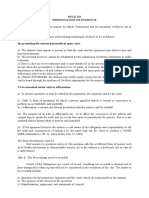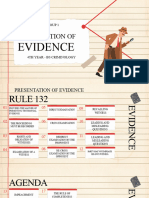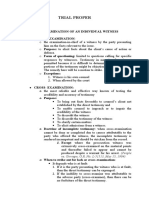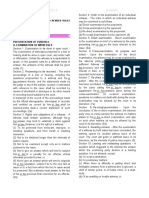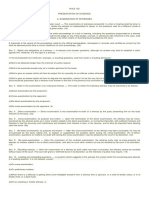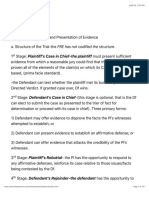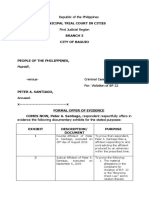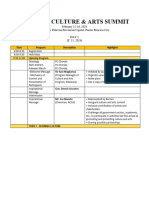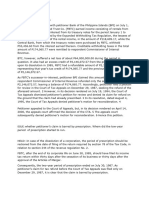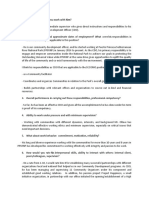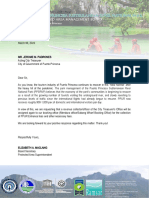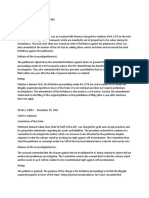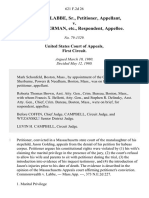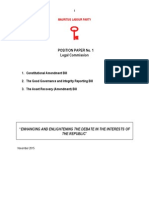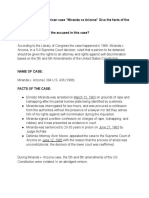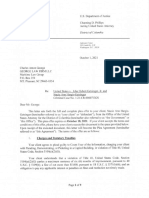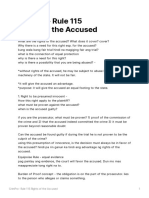0% found this document useful (0 votes)
34 views11 pagesPresentation of Evidence
Uploaded by
Cath VillarinCopyright
© © All Rights Reserved
We take content rights seriously. If you suspect this is your content, claim it here.
Available Formats
Download as DOCX, PDF, TXT or read online on Scribd
0% found this document useful (0 votes)
34 views11 pagesPresentation of Evidence
Uploaded by
Cath VillarinCopyright
© © All Rights Reserved
We take content rights seriously. If you suspect this is your content, claim it here.
Available Formats
Download as DOCX, PDF, TXT or read online on Scribd
/ 11





